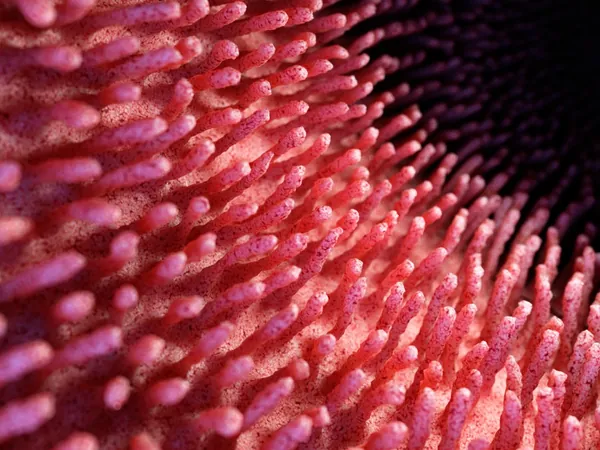
Surprising Role of Tuft Cells: Key Players in Intestinal Regeneration Revealed!
2024-10-03
Recent groundbreaking research has uncovered the vital role that tuft cells play in the regeneration of the human intestinal tract. Despite their presence in various organs and throughout the intestinal tract, the exact function of tuft cells in humans has remained a mystery—until now. Researchers at the Hubrecht Institute have utilized innovative miniature human intestines, grown in the lab, to uncover the significant regenerative capabilities of these cells.
Tuft cells, previously studied in mice, are known to signal immune cells to launch a robust defense when they detect pathogens. The study highlights that these cells can divide and produce new cells in response to immunological cues, lending credence to their role as regenerative agents. Interestingly, tuft cells demonstrate impressive resilience, surviving intense injuries such as radiation damage better than traditional progenitor and stem cells. This discovery underscores tuft cells’ potential as regenerative stem cells within the human intestine.
A detailed analysis, published in the esteemed journal Nature, reveals that tuft cells in humans can transition into four distinct states, two of which are similar to those in mice. The research team established that the development of tuft cells is reliant on Wnt ligands, and their numbers significantly increase when exposed to interleukin-4 (IL-4) and IL-13, as previously observed in studies involving mice.
Using lab-grown organoids that accurately mimic human intestinal function, the researchers, including co-first authors Lulu Huang, Jochem Bernink, and Amir Giladi, observed how tuft cells react to various stimuli. “These organoids allowed us to closely monitor tuft cell development and understand their critical functions in response to injuries,” said Huang.
One of the most astonishing discoveries was that tuft cells can efficiently proliferate following immunological signals. Bernink noted, “Upon activation, tuft cells not only replicate but can also transform into various epithelial cell types, facilitating the healing of damaged gut tissue.” This remarkable ability to regenerate highlights tuft cells as essential players in maintaining intestinal health.
In experiments where organoids were created without tuft cells, researchers noted a stark inability to recover from radiation damage. This further emphasizes the indispensable role tuft cells play in repairing intestinal tissues—acting as a reserve of stem cells that are mobilized during regeneration.
The implications of these findings are vast and could have transformative consequences for the field of regenerative medicine, which focuses on the restoration of tissue after injury or disease. The researchers suggest that further explorations into the regenerative functions of tuft cells could extend beyond the intestine, potentially influencing therapeutic approaches in organs such as the liver, urinary tract, and lungs.
Overall, the unveiling of tuft cells as key players in intestinal regeneration opens up exciting avenues for future research, promising enhanced understanding and innovative treatments for intestinal injuries and diseases.


 Brasil (PT)
Brasil (PT)
 Canada (EN)
Canada (EN)
 Chile (ES)
Chile (ES)
 España (ES)
España (ES)
 France (FR)
France (FR)
 Hong Kong (EN)
Hong Kong (EN)
 Italia (IT)
Italia (IT)
 日本 (JA)
日本 (JA)
 Magyarország (HU)
Magyarország (HU)
 Norge (NO)
Norge (NO)
 Polska (PL)
Polska (PL)
 Schweiz (DE)
Schweiz (DE)
 Singapore (EN)
Singapore (EN)
 Sverige (SV)
Sverige (SV)
 Suomi (FI)
Suomi (FI)
 Türkiye (TR)
Türkiye (TR)